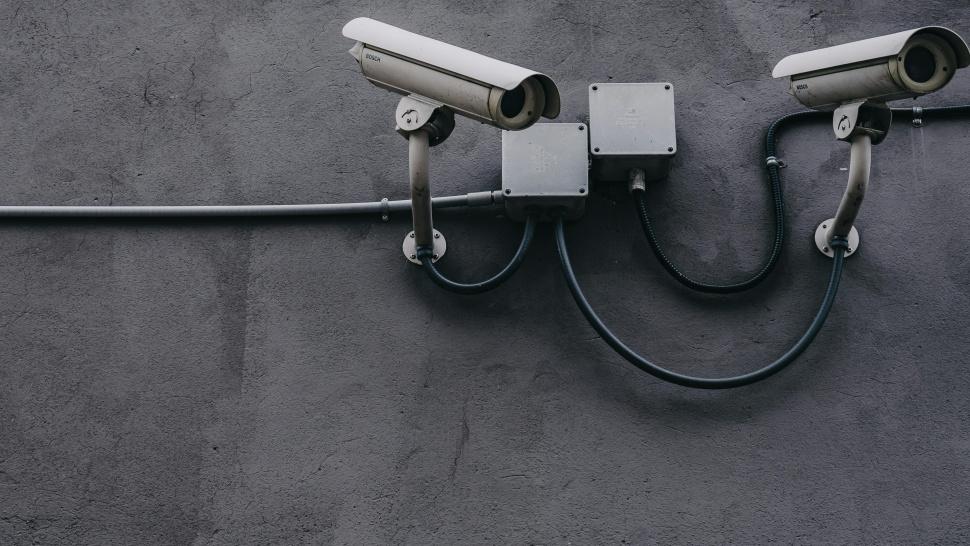Introduction:
In the ever-evolving landscape of healthcare, ensuring the safety and security of patients, staff, and visitors is paramount. One technological marvel that has become a silent guardian in this realm is Closed-Circuit Television (CCTV) camera services. Far beyond mere surveillance, these vigilant electronic eyes play a pivotal role in transforming hospitals into secure and efficient spaces. Let's delve into the myriad advantages that CCTV installation services bring to the healthcare arena.
Enhanced Patient Safety:
The essential of any hospital's work is the well-being of its patients. CCTV cameras act as vigilant sentinels, monitoring corridors, entrances, and critical areas in real time. This not only deters potential security threats but also ensures a prompt response to any untoward incidents. The constant surveillance fosters a secure environment, reassuring patients and their families.
Prevention of Unauthorized Access:
Hospitals are bustling hubs of activity, with numerous people coming and going. CCTV cameras act as a powerful deterrent against unauthorized access to restricted areas such as drug storage rooms, operation theaters, and intensive care units. Access control systems integrated with CCTV further fortify the hospital's security infrastructure, limiting entry to authorized personnel only.
Staff Accountability and Training:
CCTV cameras provide an invaluable tool for training and evaluating hospital staff. By recording day-to-day operations, these systems enable administrators to identify areas of improvement, optimize workflows, and ensure that protocols are consistently followed. In the rare instance of a dispute or malpractice claim, CCTV footage serves as an objective record, aiding in investigations and maintaining accountability.
Crime Prevention and Investigations:
Hospitals are not immune to criminal activities, be it theft, vandalism, or even more severe offenses. CCTV cameras act as a deterrent against criminal elements and provide crucial evidence in the event of a crime. Law enforcement agencies can use recorded footage to investigate incidents, identify suspects, and ensure justice is served swiftly.
Patient Monitoring and Emergency Response:
In critical care units, CCTV cameras play a vital role in patient monitoring. Medical professionals can remotely observe patients, enabling a faster response to emergencies. This real-time observation can be particularly beneficial in cases where immediate intervention is necessary, saving crucial seconds that could make a difference in patient outcomes.
Reduction of Liability and Legal Risks:
Hospitals operate in a litigious environment, and legal issues can arise from various situations. CCTV footage serves as a valuable asset in mitigating legal risks by providing an unbiased account of events. This not only safeguards the hospital's reputation but also helps in expeditious resolution of disputes, reducing potential financial liabilities.
Operational Efficiency:
Beyond security, CCTV camera installation services contribute to the overall operational efficiency of a hospital. By monitoring foot traffic and identifying bottlenecks, administrators can optimize the layout and flow of the facility. This proactive approach enhances the patient experience, minimizes wait times, and ensures a smoother functioning of various hospital departments.
Conclusion:
In the ever-evolving healthcare landscape, where the safety of patients and staff is paramount, CCTV camera services emerge as indispensable guardians. The advantages they bring—enhanced patient safety, prevention of unauthorized access, staff accountability, crime prevention, patient monitoring, and operational efficiency—position them as crucial components of a hospital's security infrastructure. As hospitals embrace technology to meet the challenges of the modern world, CCTV cameras stand as silent protectors, ensuring that the healing environment remains safe, secure, and conducive to the well-being of all.



Share the News